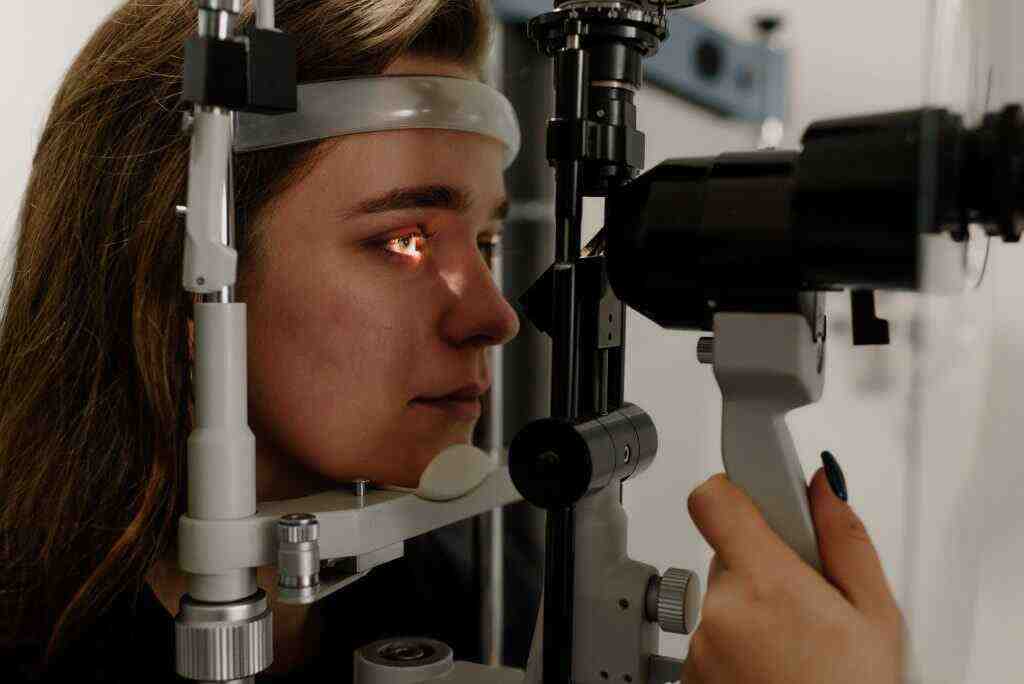Kappa Free Light Chains: A Promising Diagnostic Marker for Primary Progressive Multiple Sclerosis
Multiple sclerosis (MS) diagnosis has witnessed significant advancements, yet the quest for precise and reliable biomarkers continues. Among the promising candidates, kappa free light chains have emerged as a potential diagnostic marker for primary progressive multiple sclerosis (PPMS). This article delves into a recent study that evaluated the diagnostic performance of kappa free light chains in PPMS, comparing its efficacy to the well-established oligoclonal band testing.
Primary Progressive Multiple Sclerosis: A Distinct Challenge
Primary progressive multiple sclerosis (PPMS) is a distinct subtype of MS characterized by a relentless and gradual worsening of neurological symptoms without distinct relapses or remissions. This insidious onset and often subtle symptoms present unique diagnostic challenges, emphasizing the need for robust biomarkers.
Oligoclonal Band Testing: The Current Gold Standard
Oligoclonal band testing has long been the cornerstone of MS diagnosis. This technique analyzes cerebrospinal fluid (CSF) for oligoclonal bands, indicative of an inflammatory response within the central nervous system. While not exclusive to MS, their presence in CSF provides supportive evidence for a diagnosis.
Kappa Free Light Chains: A Novel Biomarker
Kappa free light chains are small proteins produced by plasma cells involved in the immune response. Elevated levels of these proteins in MS patients’ CSF suggest their potential as a diagnostic biomarker, reflecting intrathecal immunoglobulin production associated with MS’s underlying inflammatory processes.
Study Overview: Kappa Free Light Chains in PPMS Diagnosis
A recent study aimed to evaluate the diagnostic performance of kappa free light chain index in identifying PPMS patients. Conducted across 11 MS centers in seven European countries, the study enrolled 174 individuals with PPMS. The kappa free light chain index was calculated based on CSF and blood levels, considering albumin levels.
Results: Promising Diagnostic Potential
The study revealed a strong association between elevated kappa free light chain index and PPMS presence. The index was positive in 93% of PPMS patients, demonstrating high sensitivity in detecting the disease. This sensitivity remained consistent across MS centers, highlighting the test’s potential generalizability.
Comparison with Oligoclonal Band Testing: A Head-to-Head
The study compared kappa free light chain index with oligoclonal band testing, the current gold standard. The results showed a high level of agreement between the two tests, both demonstrating similar diagnostic sensitivity. This suggests that kappa free light chain index could serve as a reliable alternative to oligoclonal band testing in PPMS diagnosis.
Advantages of Kappa Free Light Chain Testing
Kappa free light chain testing offers several advantages over oligoclonal band testing. It is relatively fast, cost-effective, and does not require specialized equipment or expertise, making it more accessible for routine clinical practice.
Conclusion: A Step Forward in PPMS Diagnosis
The study findings support the diagnostic value of kappa free light chains in PPMS. Its strong correlation with PPMS presence, high sensitivity, and agreement with oligoclonal band testing position kappa free light chains as a promising biomarker for PPMS diagnosis. Its practical advantages further enhance its potential for widespread adoption.
While further research is needed, the emergence of kappa free light chains as a potential diagnostic marker for PPMS represents a significant step forward in achieving more accurate and timely diagnosis, leading to improved patient outcomes and personalized treatment strategies.
